 Michael Pollan kwam bij toeval gisteren ter sprake tijdens een telefoontje. Pollan's The Omnivore’s Dilemma, was een van ’10 best books’ voor 2006 van de befaamde The New York Times Book Review.
Michael Pollan kwam bij toeval gisteren ter sprake tijdens een telefoontje. Pollan's The Omnivore’s Dilemma, was een van ’10 best books’ voor 2006 van de befaamde The New York Times Book Review.Het boek heb ik nog steeds niet gelezen, zodat ik onwillekeurig even op zoek moest.
Pollan blijkt 3 dagen geleden een indrukwekkend essay in de New York Times te hebben gepubliceerd. Het is een hele leesrit (12 pagina’s online), maar beslist de moeite waard.
Pollan wil weg uit het nutritionisme, de wetenschap die bepaalt wat goed voor ons is. Vroeger aten we eten. Da's verleden tijd. Nu eten we meer- en enkelvoudig onverzadigde vetzuren, vezels, polyfenolen, koolhydraten, vezels, aminozuren, vitamines, antioxidanten, beta-caroteen en nog veel meer abstracte begrippen.
Voor Pollan ligt de wijsheid in het aansluiten bij onze tradities vóór die overhoop werden gehaald door de voedingsindustrie die mensen ziek maakt (Pollan's woorden).
Denk je dat Pollan een geitenwollensokken romanticus is met z'n eigen varkens, kippen en kolen? Je vergist je. Hij is een rationeel redenerende pragmaticus. In een paar decennia hebben we de eetkennis die we proefondervindelijk gedurende een ononderbroken keten van vele eeuwen hebben ontwikkeld, totaal ontwricht. We gissen naar wat goed is en verzorgen onderwijl de zieken en ziekten die het oplevert.
Wat Pollan betreft kun je twee dingen doen:
- mensen die niet tegen het moderne menu kunnen genetisch uitselecteren door ze niet te verzorgen maar juist dood te laten gaan, zodat er slechts krachtige, gezonde mensen overblijven die wél op ons moderne industriële dieet kunnen overleven
- terugkeren naar traditionelere leef- en eetpatronen, die tenslotte bewezen hebben te werken (ook al bewogen we aanzienlijk meer)
Pollan kiest voor het laatste en formuleert daarvoor 9 simpele regels die iedereen zonder 'Ik Kies Bewust'-logo of stoplichtensysteem kan volgen:
1. Eat food. Though in our current state of confusion, this is much easier said than done. So try this: Don’t eat anything your great-great-grandmother wouldn’t recognize as food.
2. Avoid even those food products that come bearing health claims
3. Especially avoid food products containing ingredients that are a) unfamiliar, b) unpronounceable c) more than five in number — or that contain high-fructose corn syrup.
4. Get out of the supermarket whenever possible
5. Pay more, eat less
6. Eat mostly plants, especially leaves
7. Eat more like the French. Or the Japanese. Or the Italians. Or the Greeks.
8. Cook. And if you can, plant a garden
9. Eat like an omnivore
Meer over deze regels en hun achtergronden vind je in het artikel in de NYTBR .
Tot slot een illustratief citaat uit het essay:
The last important change wrought by the Western diet is not, strictly speaking, ecological. But the industrialization of our food that we call the Western diet is systematically destroying traditional food cultures. Before the modern food era — and before nutritionism — people relied for guidance about what to eat on their national or ethnic or regional cultures. We think of culture as a set of beliefs and practices to help mediate our relationship to other people, but of course culture (at least before the rise of science) has also played a critical role in helping mediate people’s relationship to nature. Eating being a big part of that relationship, cultures have had a great deal to say about what and how and why and when and how much we should eat. Of course when it comes to food, culture is really just a fancy word for Mom, the figure who typically passes on the food ways of the group — food ways that, although they were never “designed” to optimize health (we have many reasons to eat the way we do), would not have endured if they did not keep eaters alive and well.
The sheer novelty and glamour of the Western diet, with its 17,000 new food products introduced every year, and the marketing muscle used to sell these products, has overwhelmed the force of tradition and left us where we now find ourselves: relying on science and journalism and marketing to help us decide questions about what to eat. Nutritionism, which arose to help us better deal with the problems of the Western diet, has largely been co-opted by it, used by the industry to sell more food and to undermine the authority of traditional ways of eating. You would not have read this far into this article if your food culture were intact and healthy; you would simply eat the way your parents and grandparents and great-grandparents taught you to eat. The question is, Are we better off with these new authorities than we were with the traditional authorities they supplanted? The answer by now should be clear.
It might be argued that, at this point in history, we should simply accept that fast food is our food culture. Over time, people will get used to eating this way and our health will improve. But for natural selection to help populations adapt to the Western diet, we’d have to be prepared to let those whom it sickens die. That’s not what we’re doing. Rather, we’re turning to the health-care industry to help us “adapt.” Medicine is learning how to keep alive the people whom the Western diet is making sick.
Nou ja, moeten de horden die er volgens oplossing 1 niet tegen kunnen, nou allemaal dood? Je zou ze natuurlijk ook kunnen castreren/steriliseren. Maar dat moet dan wel jong gebeuren, want ze mogen beslist geen jongen op de wereld zetten. Hoe selecteer je?
Lastig alternatief dus ;-)
Nog 3
Je hebt 0 van de 3 kado-artikelen gelezen.
Op 5 mei krijg je nieuwe kado-artikelen.
Op 5 mei krijg je nieuwe kado-artikelen.
Als betalend lid lees je zoveel artikelen als je wilt, én je steunt Foodlog
Lees ook
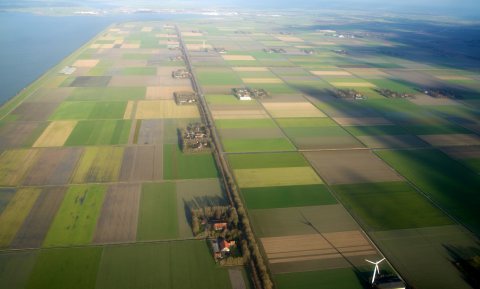
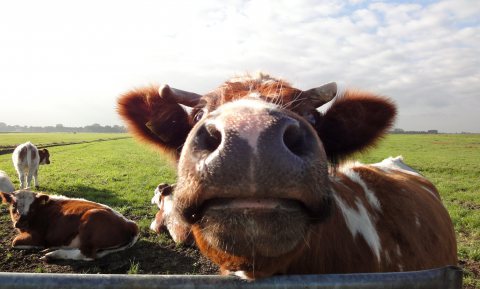
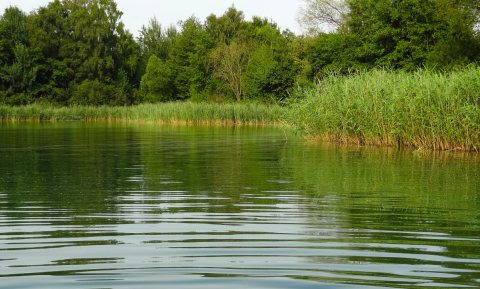

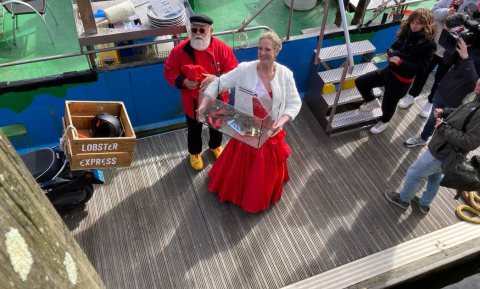



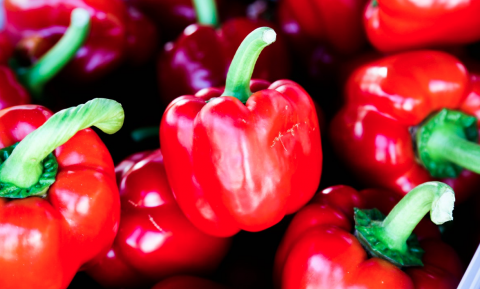

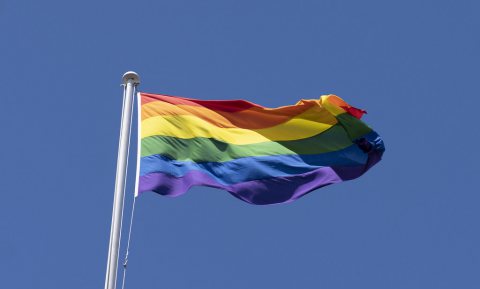
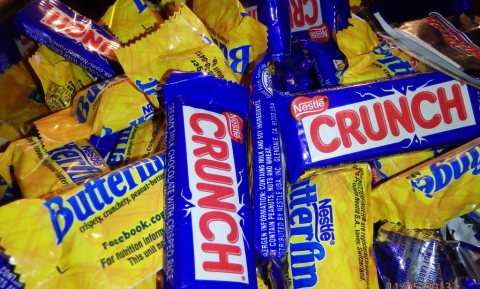
Pollan is helemaal niet rigide (lees zijn Omnivore's Dilemma maar): hij probeert juist alles uit. Hij zet mensen niet aan tot vegetarisme of rauw voedsel of dat soort dingen: hij onderzoekt hoe verschillende soorten voedsel op zijn bord belanden, en probeert er richtlijnen voor deze tijd uit te destilleren. Ik vond zijn boek een eye-opener.
@P, de kracht van Pollan is het feit dat hij zich zeer bewust is van de beperkte reikwijdte van uitspraken, van zowel de wetenschap als zgn. 'lifestyle'-keuzen. En toch moet ook hij oppassen niet tot een onberedeneerde lifestyle vervallen. Zijn echte kracht zit wat mij betreft nl. in de pragmatische argumenten waarmee hij tot zijn keuze komt.
Het grootste gevaar zit in de hype waartoe het publiek hem aan het veroordelen is.
@Wouter van der Land
Als het NYT artikel (Ja, het is lang) leest dan zie je in alles wat deze man aanhaalt dat hij de laatste is om geboden op te leggen. Zelf zegt hij het zo:
Ik neem aan dat niemand hier dwingende geboden in leest. Het ene isme wordt niet met het andere vervangen.
Vanuit onverwachte hoek een artikel "Wie veel beweegt verdraagt vetrijk eten "
Niet echt nieuws, maar interessant genoeg om te lezen. het lijkt erop dat de oude waarden steeds vaker worden aangesproken en gebruikt in het debat rondom eten en gezondheid.
"[...]principieel oneens met het recent besluit van de Soil Association om zalmkwekerijen het predikaat 'organic' te verlenen.</i>"
@ Wouter K (viskenner bij uitstek, of niet?): Als ik gisteren in Rotterdam bij de respectabele Rob B. biologische zalm gegeten heb, waarschijnlijk afkomstig van de beroemde viswinkel S om de hoek, wat heb ik dan gegeten?